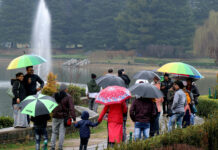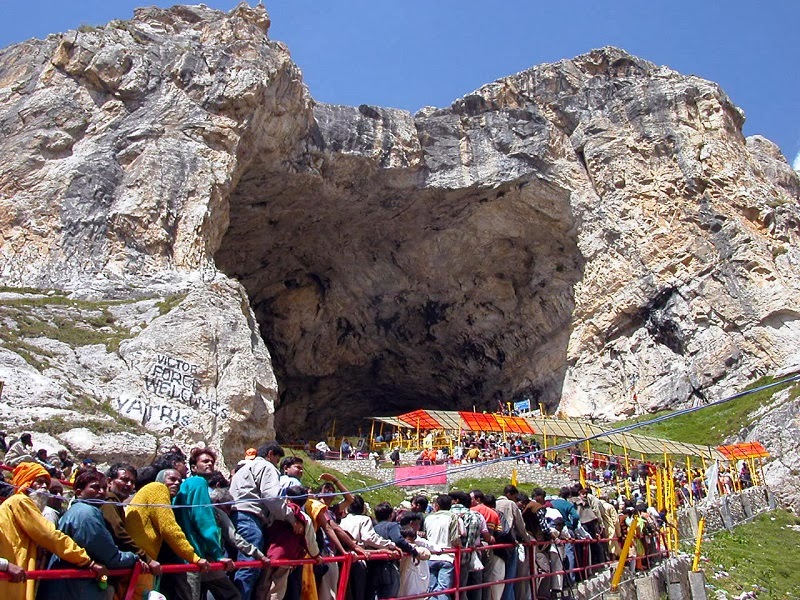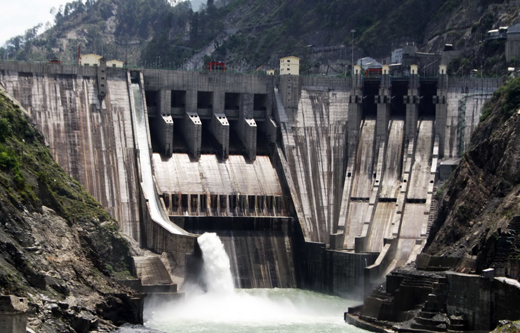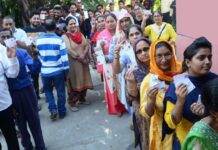KL Report
SRINAGAR
April 29 is marked as the bloodiest day in Kashmir’s past as on that day in the year 1865, more than 28 people were killed by the forces of Maharaja at old city’s Zaldagar when shawl weavers protested against cruel taxation of the government.
According to local news agency KNS, April 29, 1865 was the day when shawl weavers marched through the streets of Srinagar’s old city against the cruel tax policies imposed on them by the Dogra regime. The shawl weavers of Srinagar were compelled by the circumstances of turbulent working conditions, meager wages, excessive taxation and a ban on weavers who wanted to leave Kashmir valley.
As per the historical records, the protests by the weavers were held outside the house of Pandit Raj Kak Dhar, the Kashmiri Pandit official who headed the Dagh Shawl Department, in the city’s Zaldgar locality. Records reveal that Dhar had given misinformation to the Dogra army that he was being attacked. As the protesters reached Zaldgar, the Dogra troops led by Colonel Bijoy Singh rounded off the demonstrators and asked them to disperse. When the unarmed protesters refused to accept the orders, the troops fired at them and later charged them with spears. Scores of protesters jumped off the Haji Rather Sum Bridge at Zaldgar, in the hope they would hide in the marsh underneath, but at least 28 bodies were recovered from the river, and over 100 sustained wounds.
The noted historian, Fida Muhammad Hassnain, has recorded that Shawlbaf protest was “perhaps the first organized protest for demands in the history of class struggle in India.”
Resistance leader Shakeel Bakshi, who every year organizes seminar on April 29, told KNS that the day is important as it liad the foundations of resistance against tyranny and capitalism. “The world observed the day for laborers from 1888 but the reality is that Kashmir raised its voice inn 1865- much earlier to 1888. As we don’t have the historians who could narrate the tales of our bravery, our knights were forgotten. Our craftsmen used to give dazzling dresses to queens with their own families were left to starve” Bakshi said, adding that the people of Kashmir are the pioneers of showing resistance against tyranny. He said that this year also a seminar is being organized in which the labor class would participate and express views. “Nothing has changed. Still there is exploitation of our craftsmen going on at a very large scale.”
Dr. Sheikh Showkat, who teaches international law at the central university if Kashmir said that The Shalbaf procession, is a very significant event in the history of Kashmir. ”It was the first ever agitation against the exploitative work system. It was a big event in the global context as it took place much before the historic May Day of 1886.”
“The Shawl Weavers protest becomes globally important in a way that it occurred many years before the May Day. But it is pity our part that we ignore our own martyrs who rebelled against the oppressive system,” Dr Showkat .
Historians have mentioned that later the people who remained in the fore front of the protest were imprisoned in various jails and were later tortured to death. Sheikh Rasool, Ubli Baba, Qudda Lal, and Sona Butt are some names which are mentioned in the historical records.















